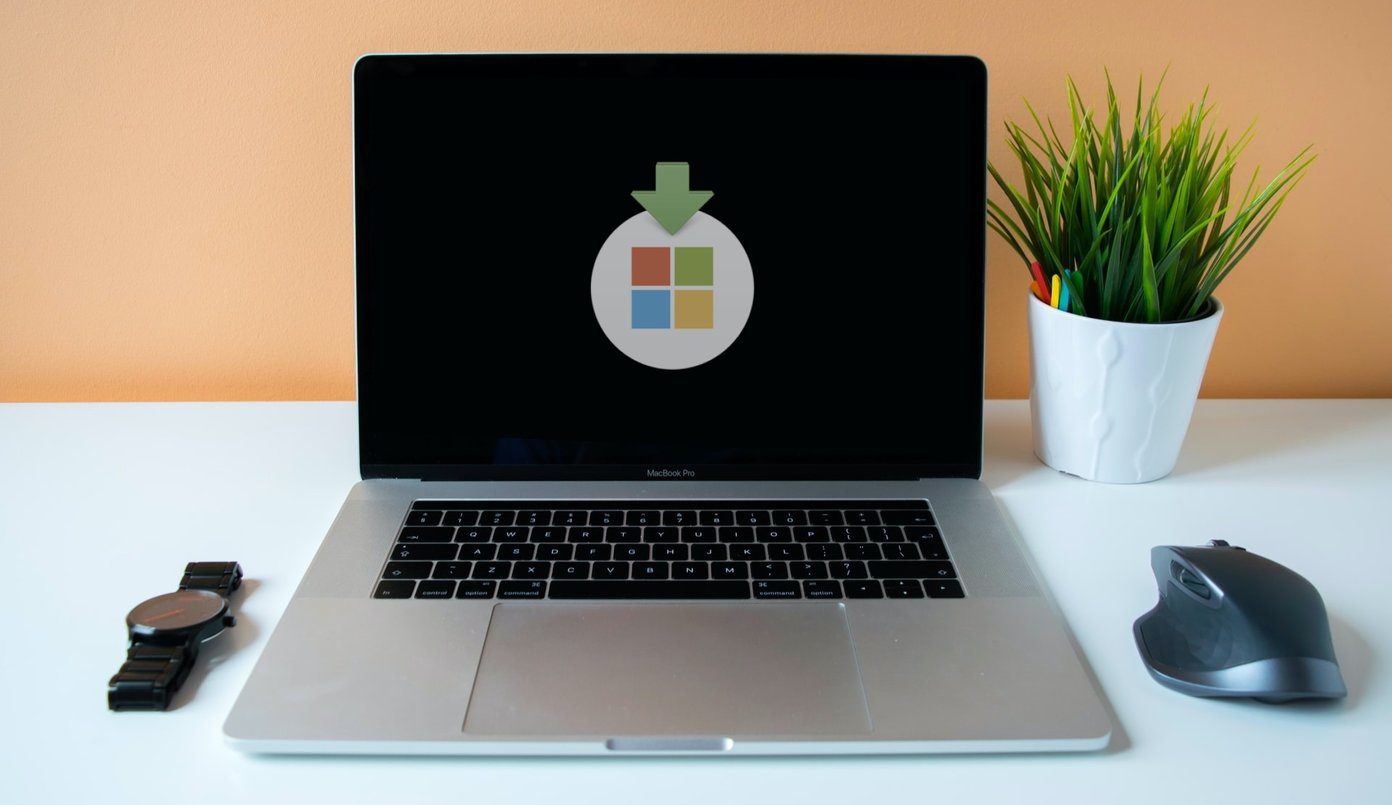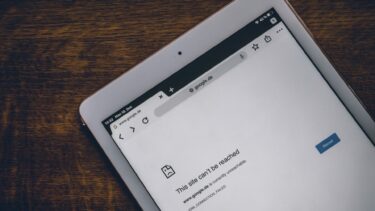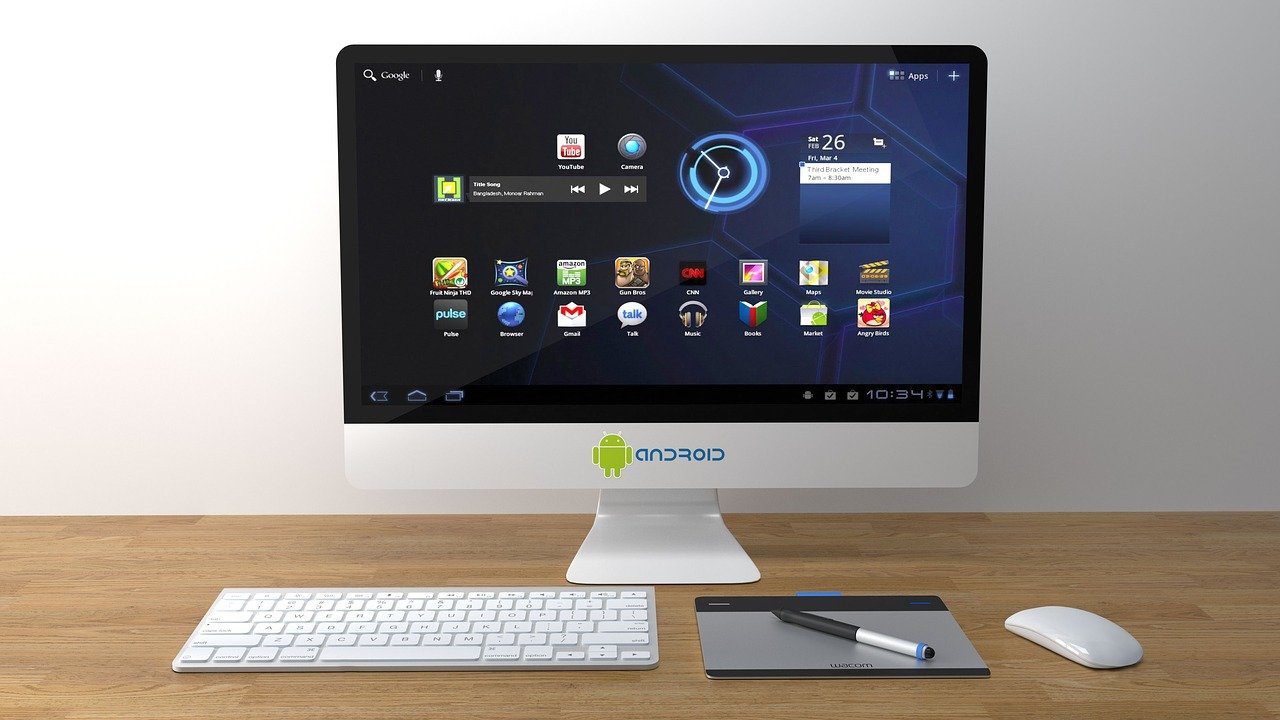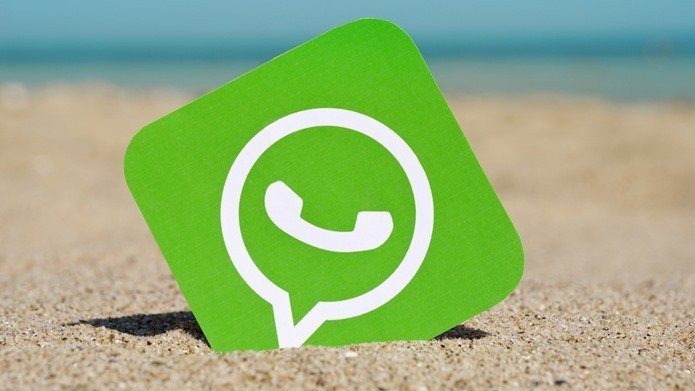As much as they offer a quick and easy way of charging up your devices, they’re not safe. That is why you need a USB data blocker to protect your data from hackers who may steal your data through these USB power plugs. We’re going to explain what a USB data blocker is, how it works, and why you need one.
What Is a USB Data Blocker
A USB data blocker, also known as a “USB condom” (really, no kidding!), is a device that allows you to plug into USB charging ports including charging kiosks, and USB ports on gadgets owned by other people. The main purpose of using one is to eliminate the risk of infecting your phone or tablet with malware, and even prevent hackers to install/execute any malicious code to access your data. If you connect your devices to a wireless or wired public internet connection, or a USB power charging station, it’s difficult to tell how safe they’ll be. You probably use a VPN when browsing, but that doesn’t hinder hackers from accessing data from your device when connected to a public charging port. With a USB data blocker, you can stop your device from getting hacked at a public place if you’re going to use the USB power charging stations in such areas. Speaking of VPN, these services not only help you stay safe on the internet but some VPNs also help block shady websites that host malicious content. For the latter, check out NordVPN (sign up using this link and get 70% off on a 3-year NordVPN plan).
How a USB Data Blocker Works
A USB data blocker prevents attackers from stealing your data or infecting your devices with malware when you plug them into USB power stations that aren’t safe. Hackers rig some of these charging stations for juice jacking your data. That allows the hackers to set a passage into your devices without your knowledge and consent. The main idea behind using a USB data blocker is that it blocks data pins such that there’s no data flowing, but your devices will still charge as if directly connected to the USB power charging station. The USB data blockers prevent any accidental exchange of data any time you connect your device into a public charging station or foreign computers via a USB cable. Ideally, the best way to charge your devices when traveling would be by using an AC power outlet directly, charging in your vehicle, or using a portable charger (power bank). While this is great, it may not be possible to find or use these options every other time, which is why a USB data blocker is useful to carry.
Why You Need a USB Data Blocker
The risk from using public charging stations may be small, but a USB port is always a gateway into any device, ultimately allowing any charging station access to your data. In November 2019, a travel advisory from the Los Angeles’ District Attorney’s Office warned travelers about the possible dangers of using USB ports in public places owing to the threat of juice jacking. As we’ve already seen, this is a method by which hackers and other attackers use to steal data from unsuspecting people’s devices or infect them with malware altogether. The District Attorney’s Office recommended the use of portable chargers, AC power outlets, or use charging ports in your car if you have one. Not everyone can have access to or use all these three options, compared to the many charging ports available in public places.
Picking a USB Data Blocker
There’s not much to look for in USB data blocker, but there are several options you can choose from that’ll keep your data away from attackers, and your devices secure from any possible threats. One of the most popular USB data blockers is the PortaPow (3rd Gen). It’s a Type-C to Type-A data blocking device that prevents your device’s data from getting stolen over the USB whenever you plug it into a charging port at public place or an unknown computer. There are many other brands out there that you can pick from to block data from leaving your phone or attackers from accessing it in the first place. PortaPow’s data blocker also has a built-in chip that detects what kind of device is connected, and swaps between charging specifications for Apple or Samsung so it can charge as fast as possible. USB data blockers aren’t expensive, so you can get one for yourself, and even carry it along with you by attaching it to your keyring or keep it in your wallet or purse for when you need it. If you travel a lot or spend a lot of time in public places like hotels, airports, and others, you can add your data blocker to your USB charger before connecting to the charging port or another computer.
Protect Your Device and Data
Hackers know that the port you use to charge your devices is the same one you can use for data transfers. Fortunately, you can keep your data and device safe by using a USB data blocker. Also, invest in a portable charger or use the wall socket directly instead of USB ports. Alternatively, change your device settings to make sure you don’t allow unknown devices to access your data. Next Up: If you can’t stand charging your device at a public place, check out our top picks of the best battery saver apps to extend your phone’s battery life. The above article may contain affiliate links which help support Guiding Tech. However, it does not affect our editorial integrity. The content remains unbiased and authentic.












